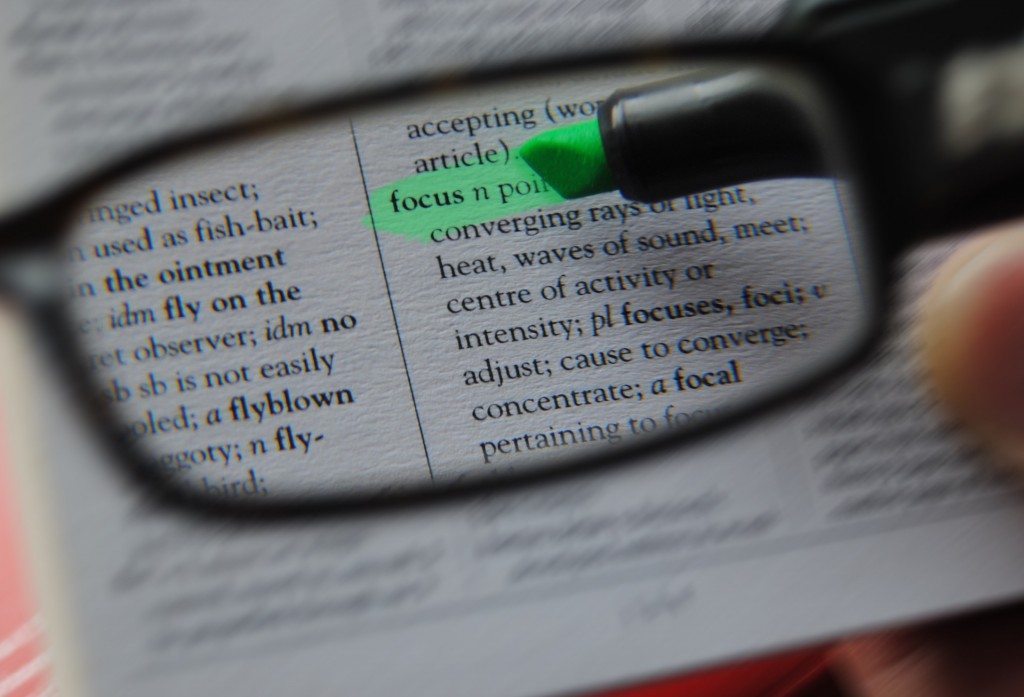Whether we like it or not, slang has become a major part of how we communicate.
Like dialects that arise out of various languages, English has developed its own nuances over time. Words that may have meant one thing to your parents or grandparents might mean something completely different to you.
I don’t think there’s anything particularly wrong with slang or informal language (except in a formal written work or letter). I use these words all the time, in fact.
My only thought is this:
Why do we change the meaning of words?
Was our language inadequate the way it was, or are these simply errors that have been perpetuated over time?
Here are 6 words I believe we’re using incorrectly, according to their original meanings.
Incredible
- What we think it means: Amazing; extraordinary
- How we use it: “These brownies taste incredible!”
- Its original meaning: Not credible; unbelievable
- How it should be used: “The witness’s testimony is incredible because he was intoxicated at the time of the accident.”
Can a brownie really be incredible? You tell me.
Great
I’ve heard this one used correctly in the UK, but not so much in America, Canada and Australia.
- What we think it means: Very good
- How we use it today: “You seem to be in a great mood.”
- Its original meaning: Very large; of unusual size; remarkable.
- How it should be used: “A great flood covered the earth.”
Fantastic
- What we think it means: Very good
- How we use it today: “You’re doing a fantastic job today.”
- Its original meaning: Having to do with fantasy or the imagination
- How it should be used: “The Hobbit was a fantastic work of fiction.”
Extremely
Maybe you think I’m being picky with this one, but if something isn’t capable of being extreme, then it shouldn’t be modified by the word extremely.
- What we think it means: Very
- How we use it today: “She makes an extremely delicious cheesecake.”
- Its original meaning: To the extreme
- How it should be used: “It’s been extremely cold this week.”
I feel the example about the cheesecake is incorrect because deliciousness can’t really be extreme. In this instance, I think it would be more correct to just say delicious. Saying very delicious would be redundant.
Terrific
Just looking at the word terrific would be enough to help you guess its origins. Makes you wonder why we changed the meaning.
- What we think it means: Very good
- How we use it today: “He’s a terrific sportsman.”
- Its original meaning: Frightening; terrifying
- How it should be used: “I just saw a terrific car accident on the highway.”
Awesome
- What we think it means: Very good
- How we use it today: “We had an awesome vacation over spring break.”
- Its original meaning: Inspiring awe
- How it should be used: “We saw an awesome display of fireworks on New Year’s Eve.”
What Do You Think?
Perhaps you disagree with me on one or all of these words. I’m open to discussion, so please let me know what you think.
Are there other words you feel we’ve changed the meanings of? Do you have a problem with language changing over time, or do you think it’s inevitable?
*Please note, all references on word origin taken from Dictionary.com.
